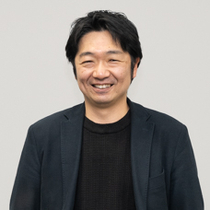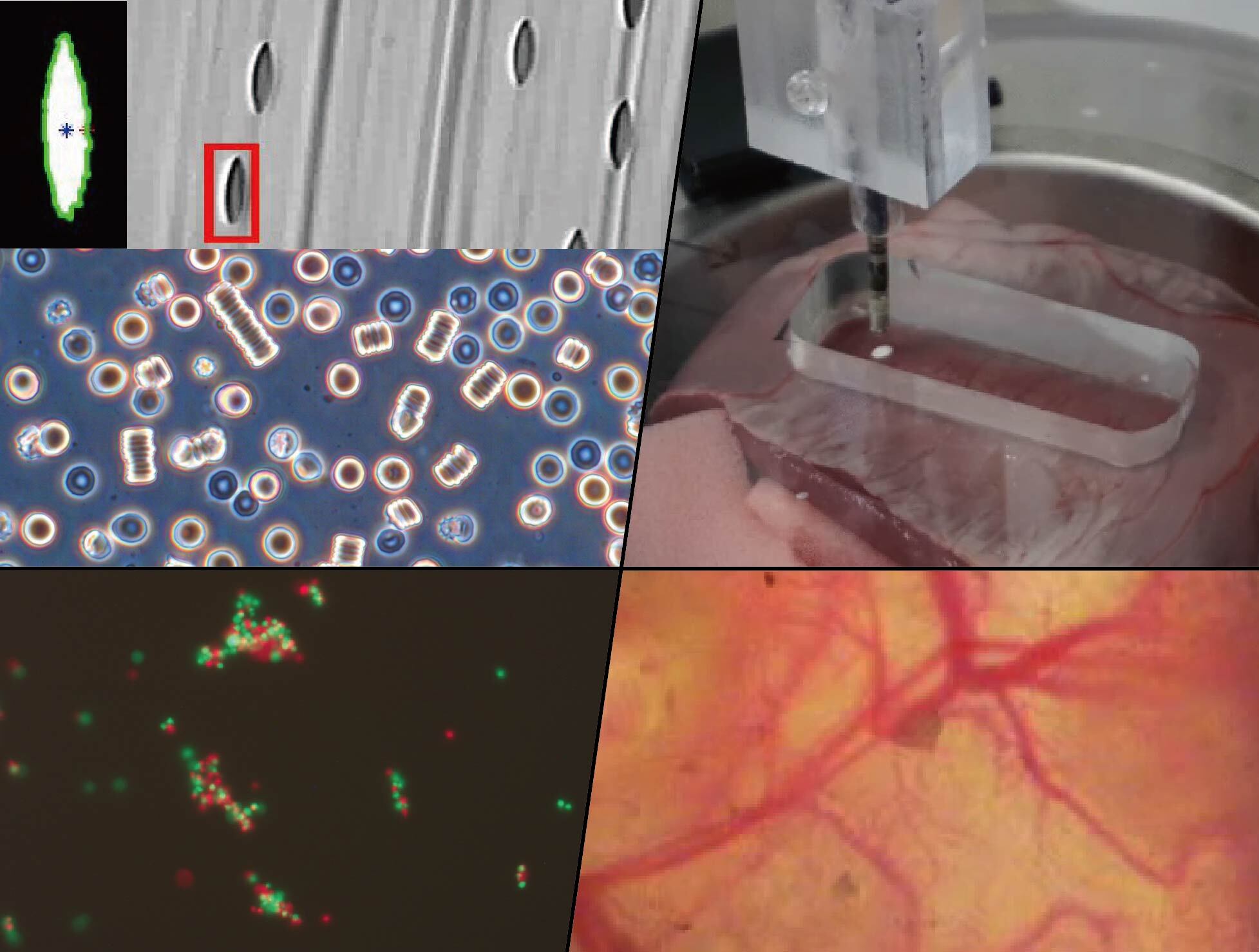
Biofluid Science and Engineering Laboratory
Elucidating cardiovascular physiological phenomena and apply them to medical new technologies
Our laboratory currently researches cardiovascular physiology, for examples, blood flow mechanism, thrombus formation mechanism, functions of blood cells and plasma proteins, angiogenesis, oxygen transport, autonomic nerves, new diagnostics method of blood cells, optimal treatment strategy of medical devices, etc. In order to research such themes, we apply Engineering technology, such as precision manufacturing, 3DCAD, fluid dynamics theory, flow visualization, optical measurements, image analysis, into medicine, physiology, and biological researches, etc.

- Faculty Name
- WATANABE, Nobuo
- Laboratory location
- No.6 Building OMIYA Campus 1F 6102-1
This lab is for this SDG activity:
STUDY FIELDS
- Medical biotechnology
- Medical technologies
- Mechanical engineering
- Life science
- Information science
FOR SOCIETY
We conduct research on Medicine, Physiology, and Biology from Engineering approaches, such as the use of microscopes, fluid mechanics, machine designing and processing, mechanical motion control, measurements, high-speed cameras, and image analyses. What students take up during research activities will help develop various technologies in society.
RESEARCH THEMES
- Research on the mechanism of blood cell deformation during flow.
- Research on artificial organs and hemolysis (damages to blood corpuscles and proteins), as well as thrombus (blood clots).
- Development of new medical equipment.
- In vivo microcirculation research
- Research on Drug Delivery System
- Mechanism of thrombus formation at near stent






